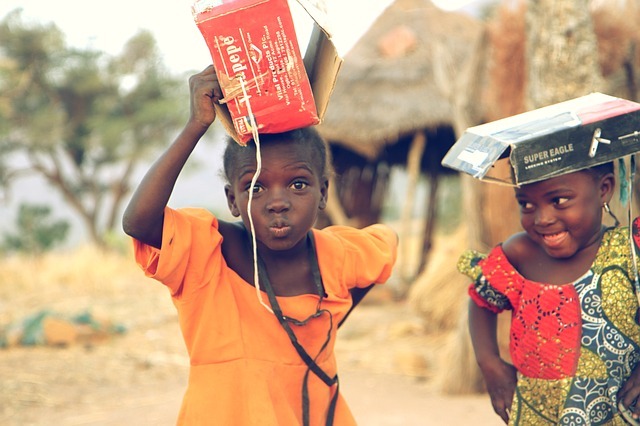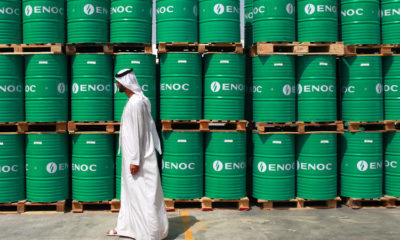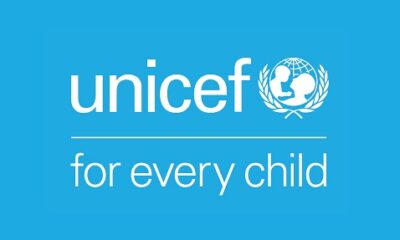The Federal Government of Nigeria and other key stakeholders have been tasked with a fresh report indicating that about 25 million citizens of the country are highly at risk of hunger.
This appeal came following a food and nutrition analysis carried out by Cadre Harmonise, a group supported by the United Nations, revealing that almost 25 million Nigerians might face excruciating starvation if nothing is done to curb it.
The government-led group, in its analysis done twice a year, noted that these affected figures are at serious risk of battling hunger between June and August this year.
Before this latest analysis, a report had pegged the number of Nigerians currently at risk of starvation to 17 million.
Owing to worsening insecurity, climate change, and rising cost of food prices in the country, Cadre Hamonise’s data revealed an increase in the number of affected Nigerians courting hunger.
The reasons for the worsening situation were contained in a release sighted on the website of the United Nations Children’s Fund.
UNICEF also said that the National Emergency Management Agency (NEMA) had corroborated its findings on the key drivers of the alarming trend by saying that, “widespread flooding in the 2022 rainy season damaged more than 676,000 hectares of farmlands, which diminished harvests and increased the risk of food insecurity for families across the country.”
The release by UNICEF reads further, “food access has been affected by persistent violence in the north-east states of Borno, Adamawa, and Yobe and armed banditry and kidnapping in states such as Katsina, Sokoto, Kaduna, Benue, and Niger.
“The flooding is one of the effects of climate change and variability impacting Nigeria. More extreme weather patterns affecting food security are anticipated in the future.”
According to the global organisation, out of the 17 million people who are currently food insecure, three million are in the North East BAY states.
The UN noted that if nothing urgent and immediate is done to mitigate the effects, the figure may increase to 4.4 million between June and August, which are described as the lean season.
Among those at higher risk of hunger, according to UN, are highly vulnerable displaced populations and returnees who are already struggling to survive a devastating humanitarian crisis in which 8.3 million people are in urgent need of help.
Meanwhile, to prevent the latest projection from coming into reality, UN has appealed to the Federal Government, the donor community, and public and private organisations to, as a matter of necessity, render resources and implement mitigation measures to save lives and prevent a potentially deadly food security and nutrition situation.
Also expressing concern over the development, the Resident and Humanitarian Coordinator for Nigeria, Matthias Schmale, said the projection would increase mortality in the country if not checked.
Schmale, who said he had visited nutrition stabilization centres populated by children, lamenting that, these children “are fighting to stay alive. We must act now to ensure they and others get the lifesaving support they need.
“There is a serious risk of mortality among children attributed to acute malnutrition. In the BAY states alone, the number of children suffering from acute malnutrition is expected to increase from 1.74 million in 2022 to two million in 2023.
“UNICEF, working with the government and partners such as MSF and ALIMA, is investing in scaling up preventive nutrition interventions, while ensuring that vulnerable children have access to life-saving nutrition services. In 2022, UNICEF with its partners was able to reach approximately 650,000 children with life-saving nutrition services across the six states mentioned above.
“The northwest region, around Katsina, Zamfara, and Sokoto states, is an increasing food insecurity and malnutrition hotspot. An estimated 2.9 million people are currently critically food insecure (Cadre Harmonisé Phase 3 or worse.) This figure is projected to increase to 4.3 million in the lean season if urgent action is not taken,” he further noted.

 Billionaire Watch3 weeks ago
Billionaire Watch3 weeks ago
 Startups4 weeks ago
Startups4 weeks ago
 News4 weeks ago
News4 weeks ago
 News4 weeks ago
News4 weeks ago
 Bitcoin4 weeks ago
Bitcoin4 weeks ago
 Naira4 weeks ago
Naira4 weeks ago
 Forex3 weeks ago
Forex3 weeks ago
 Treasury Bills4 weeks ago
Treasury Bills4 weeks ago



























